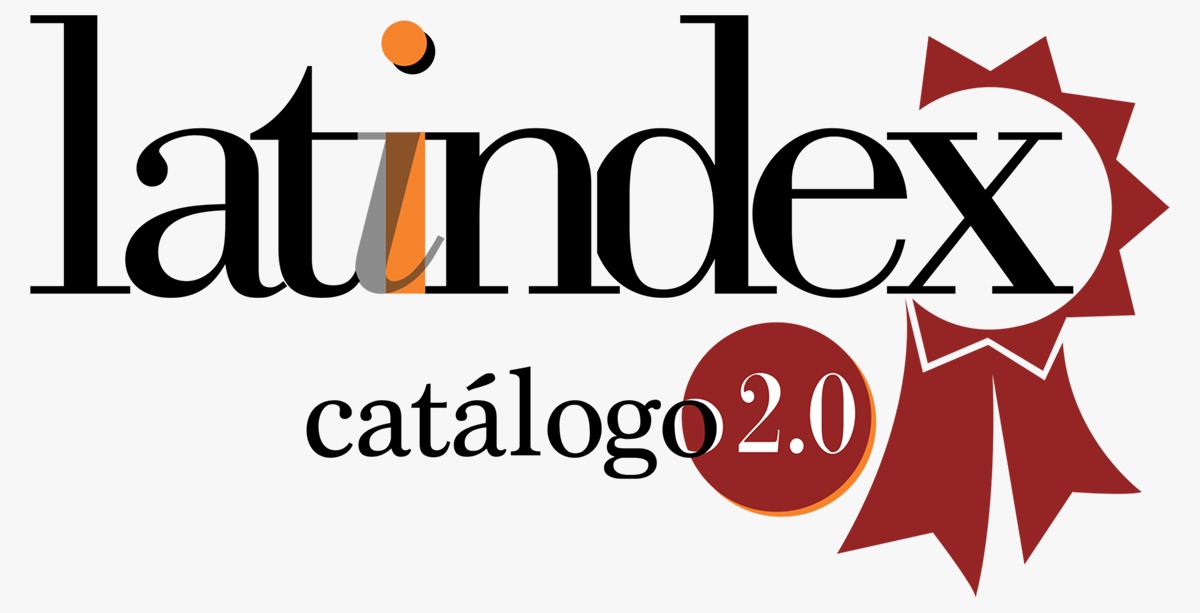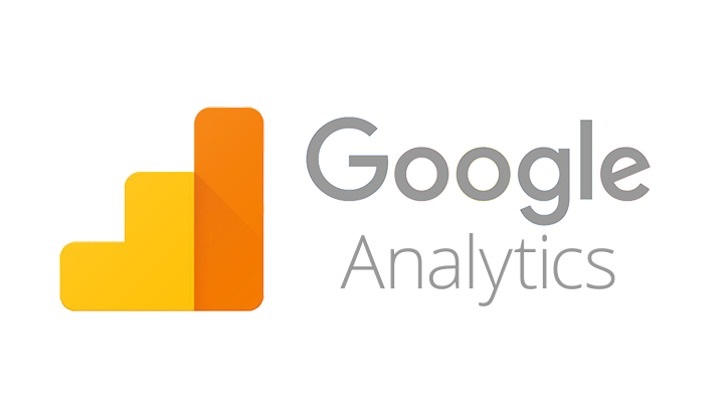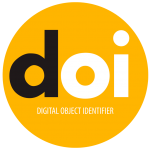Co-evaluation: effective strategy to promote metacognition in writing
DOI:
https://doi.org/10.47865/igob.vol7.n28.2024.378Keywords:
metacognition, text writing, co-evaluation, competenceAbstract
The competency-based approach is committed to a student capable of managing their own learning in different fields of knowledge. In this context, metacognition plays an important role that has allowed a better performance of the student in his academic and professional life; and even personal. One of the fields in which this higher-order thinking skill has been successfully applied, through various strategies, is in text writing. Therefore, the immediate objective of this research is to develop metacognitive skills in writing in higher level students based on the co-evaluation or peer evaluation strategy. In this way, the autonomy of the student is enhanced, since he is able to reflect on his cognitive processes, when writing academic texts, and self-regulate them. This study is of a quasi-experimental type and was applied to a sample of 68 students of a language course at a private university. The results allow us to determine that co-evaluation significantly promotes the skills that make up metacognition in the production of texts.
Downloads
References
Ali Rahman, A., Angraeni, A., & Ahmad Fauzi, R. (2021). The activation of learners’ metacognition to promote learning autonomy of good language learners. Pegem Journal of Education and Instruction, 11(4), 249–253. https://pegegog.net/index.php/pegegog/article/view/1457/454
Álvarez, G., Álvarez, G., & Anglat, H. E. D. de. (2019). Retroalimentación entre pares en un taller virtual de escritura de tesis de posgrado. Apertura, 11(2), 40–53. https://doi.org/10.32870/Ap.v11n2.1540
Arroyo González, R., de la Hoz-Ruiz, J., & Montejo Gámez, J. (2020). The 2030 challenge in the quality of higher education: Metacognitive, motivational and structural factors, predictive ofwritten argumentation, for the dissemination of sustainable knowledge. Sustainability (Switzerland), 12(19), 1–18. https://doi.org/10.3390/SU12198266
Balderas Gutiérrez, I., & Balderas Gutierrez, K. E. (2018). Coevalación en Educación Superior. Congreso Internacional de Educación: Evaluación 2018, 4, 8.
Boillos, M. M. (2021). Incidence of peer review in the construction of academic texts at the university level. DELTA Documentacao de Estudos Em Linguistica Teorica e Aplicada, 37(3). https://scopus.upc.elogim.com/record/display.uri?eid=2-s2.0-85122255685&origin=resultslist&sort=plf-f&src=s&st1=Incidence+of+peer+review+in+the+construction+of+academic+texts+at+the+university+level&sid=2545789999f05735ce93c33d194a85a1&sot=b&sdt=b&sl=106&s=TITLE-ABS-KEY-AUTH%28Incidence+of+peer+review+in+the+construction+of+academic+texts+at+the+university+level%29&relpos=0&citeCnt=0&searchTerm=
Canabal, C., & Margalef, L. (2017). La retroalimentación: la clave para una evaluación orientada al aprendizaje. Profesorado. Revista de Currículum y Formación de Profesorado, 21(2), 149–170. https://repositorio.ucv.edu.pe/bitstream/handle/20.500.12692/89194/Montalvo_CGV-SD.pdf?sequence=1&isAllowed=y
Carlino, P. (2003). Academic literacy: A necessary change, some possible alternatives. Educere, 6(20), 409–420. https://www.redalyc.org/pdf/356/35662008.pdf
Carlino, P. (2021). Leer y Escribir en la Universidad. In Texto en contexto (2nd ed., pp. 5–21). https://wac.colostate.edu/books/international/la/leer/
Cassany, D. (1999). Los procesos de escritura en el aula de E/LE. Carabela, 46, 5–22. https://cvc.cervantes.es/ensenanza/biblioteca_ele/carabela/pdf/46/46_005.pdf
Djatmika;, Prihandoko, L. A., & Nurkamto, J. (2022). Students’ Profiles in the Perspectives of Academic Writing Growth Mindsets, Self-Efficacy, and Metacognition. International Journal of Instruction , 15(3), 117–136. https://scopus.upc.elogim.com/record/display.uri?eid=2-s2.0-85134653448&origin=resultslist&sort=plf-f&src=s&st1=metacognition+writing&nlo=&nlr=&nls=&sid=3796a7cc218094c4e4ef1f8f792f33f0&sot=b&sdt=cl&cluster=scofreetoread%2c%22all%22%2ct%2bscopubyr%2c%222022%22%2ct%2c%222021%22%2ct%2c%222020%22%2ct%2c%222019%22%2ct%2c%222018%22%2ct%2bscosubjabbr%2c%22SOCI%22%2ct%2c%22ARTS%22%2ct%2c%22PSYC%22%2ct&sl=36&s=TITLE-ABS-KEY%28metacognition+writing%29&relpos=2&citeCnt=0&searchTerm=
Flavell, J. H. (1996). El desarrollo cognitivo (Aprendizaj).
Herrera-Nuñez, Y. (2020). Calidad de la escritura académica: comparación de los efectos de comentarios de pares de escritura y expertos. Revista Lusófona de Educação, 49, 11–26. https://revistas.ulusofona.pt/index.php/rleducacao/article/view/7448
Karlen, Y., & Ka, Y. (2017). The development of a new instrument to assess metacognitive strategy knowledge about academic writing and its relation to self-regulated writing and writing performance. Journal of Writing Research, 9(1), 61–86. https://doi.org/10.17239/JOWR-2017.09.01.03
Liu, J. y, & Edwards Hansen, J. (2018). Peer response in second language writing classrooms (An Arbor. University of Michigan Press, Ed.; Segunda ed). https://books.google.com.pe/books?hl=es&lr=&id=Fq1dDwAAQBAJ&oi=fnd&pg=PR9&dq=Peer+response+in+second+language+writing+classrooms&ots=-ilkOncRwO&sig=_ooidDM3qqdT7EZ-TVLjZvxhEfc#v=onepage&q=Peer%20response%20in%20second%20language%20writing%20classrooms&f=false
Mesías Ratto, M. E. (2018). Las estrategias de aprendizaje metacognitivas y el desarrollo de competencias discursivas-textuales en estudiantes universitarios, Callao. Universidad San Martín de Porres.
Moreno Olivos, T. (2021). La retroalimentación. Un proceso clave para la enseñanza y la evaluación formativa (División de Ciencias de la Comunicación y Diseño de la Universidad Autónoma Metropolitana, Ed.; Primera). http://www.cua.uam.mx/pdfs/conoce/libroselec/MorenoOlivos-Retroalimntacion.pdf
Osses Bustingorry, S., & Jaramillo Mora, S. (2008). Metacognición: Un camino para aprender a aprender. Estudios Pedagógicos XXXIV, , 34(1), 187–197. https://www.redalyc.org/pdf/1735/173514135011.pdf
Roque Herrera, Y., Valdivia Moral, P. Á., Alonso García, S., & Zagalaz Sánchez, M. L. (2018). Metacognition and autonomous learning in higher education. Revista Cubana de Educación Médica Superior, 32(4), 293–302. https://scopus.upc.elogim.com/record/display.uri?eid=2-s2.0-85064147228&origin=resultslist&sort=plf-f&src=s&st1=metacognici%c3%b3n+aprendizaje+educaci%c3%b3n+superior&sid=75a17f74009b3cb414dbb4b8154365d0&sot=b&sdt=b&sl=59&s=TITLE-ABS-KEY%28metacognici%c3%b3n+aprendizaje+educaci%c3%b3n+superior%29&relpos=0&citeCnt=2&searchTerm=
Teng, M. F., Qin, C., & Wang, C. (2021). Validation of metacognitive academic writing strategies and the predictive effects on academic writing performance in a foreign language context. Springer Link. https://doi.org/https://doi.org/10.1007/s11409-021-09278-4
Valenzuela, Á. (2018). La metacognición en los procesos de lectura y escritura académica: ¿qué nos dice la literatura? Lenguaje, 46(1), 69. https://doi.org/10.25100/lenguaje.v46i1.6197
Zimmerman, B. J., Kitsantas, A., & Campillo, M. (2005). Evaluación de la Autoeficacia Regulatoria: Una Perspectiva Social Cognitiva. Evaluar, 5, 1–19. https://revistas.unc.edu.ar/index.php/revaluar/article/download/537/477/1778
Downloads
Published
How to Cite
Issue
Section
License

This work is licensed under a Creative Commons Attribution-NonCommercial-ShareAlike 4.0 International License.
Esta obra está bajo una licencia internacional Creative Commons Atribución-NoComercial-CompartirIgual 4.0.
















